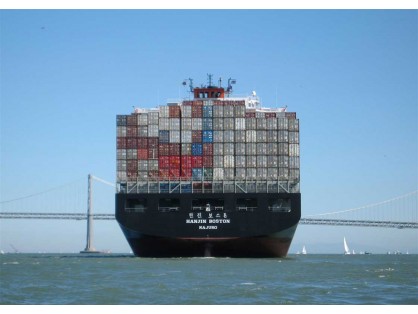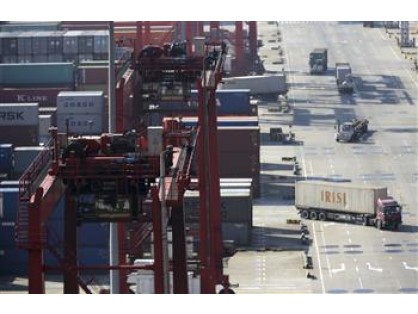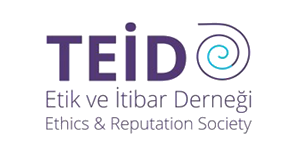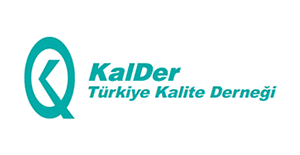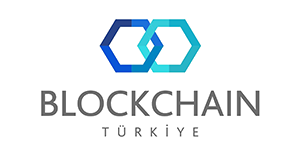Turkey’s exports rise due to recovery signs in Europe (December 03,2013).
Turkey reached some $13.8 billion worth of exports in November, the highest monthly figure in the country’s history, by an 8.8 percent increase from the same month of the previous year, mainly due to signs of recovery in European markets, Turkey’s Exporters’ Assembly (TİM) announced Dec. 2. “This is the highest monthly export figure of our republic,” said TİM head, Mehmet Büyükekşi, adding more recovery signs in the Eurozone were on the way, making Turkish exporters more hopeful for 2014. Economy Minister Zafer Çağlayan said he hoped the highest monthly export figures will be announced, surpassing $14 billion, at the end of the month by the Turkish Statistical Institute (TÜİK) for November. Turkey’s largest export markets were Germany (with approximately $1.3 billion), Iraq ($1.2 billion), Britain ($869 million), Russia ($659 million) and Italy ($622 million) in November, according to the TİM figures. Turkey’s exports to the European Union increased by 9 percent, Büyükşi said, adding the European economy gave signals of exiting the recession. The Eurozone region’s imports have started to increase during the third quarter of the year after declining for months, he said, adding the latest developments between Iranand western powers would also positively affect Turkey’s exports. Turkey’s export champion was the automotive sector in November with exports worth $2.08 billion, according to the TİM data. The volume of automotive exports reached up to $19.55 billion in the first 11 months of the year, increasing 12.2 percent from the same period of previous year, representing some 14.1 percent in the country’s total export volume. The sector was followed by the ready-made textiles sector with around $15.95 billion in the first 11 months of the year, reaching some 11.5 percent of share in Turkey’s total exports. Büyükekşi said Turkey will reach an export volume worth of $153.5 billion by the end of the year in accordance with its targets.
Source:Hurriyet Daily News
